Credit markets are witnessing a resurgence of a different type of zombie, one that threatens the financial stability of companies in the US. According to recent data, the tally of zombie companies, defined as those that are not earning enough to cover their interest expenses, has reached its highest level since early 2022. In October alone, nearly 100 companies gained the designation, a stark reminder of the challenges facing businesses in the current economic climate.
The financial details behind this trend are alarming. Companies that took advantage of near-zero interest rates during the pandemic era have since been hurt by tariffs and higher funding costs. This has resulted in a significant increase in the number of zombie companies, which now stands at 243, up from 143 in 2022. The average debt-to-equity ratio of these companies has also risen, from 2.5 to 3.2, indicating a higher level of financial risk.
The market impact of this trend is far-reaching. Zombie companies are not only a drag on the overall economy but also pose a significant risk to investors. When these companies are unable to meet their interest payments, it can lead to a cascade of defaults, which can have a ripple effect on the entire financial system. This, in turn, can lead to a loss of confidence in the market, causing stock prices to plummet and credit spreads to widen.
The background of these zombie companies is complex and multifaceted. Many of them are in industries that were heavily affected by the pandemic, such as retail and hospitality. These companies were forced to take on significant debt to stay afloat, but as the economy began to recover, they found themselves struggling to meet their interest payments. The recent rise in tariffs and funding costs has only exacerbated this problem, making it even more challenging for these companies to stay afloat.
Looking ahead, the future outlook for zombie companies is bleak. Unless they are able to significantly reduce their debt levels or increase their revenue, they will continue to pose a risk to the financial stability of the economy. This has significant implications for policymakers, who will need to consider measures to support these companies and prevent a wider crisis. Investors, too, will need to be cautious, as the risk of default and credit contagion remains high.
In conclusion, the resurgence of zombie companies in the US is a worrying trend that requires close attention from policymakers and investors alike. While the financial details are complex, the implications are clear: unless action is taken to support these companies, the risk of a wider financial crisis will continue to grow.
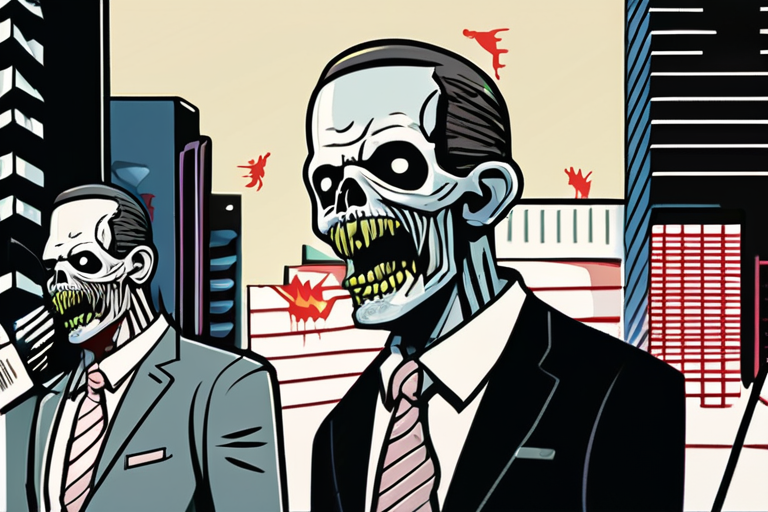


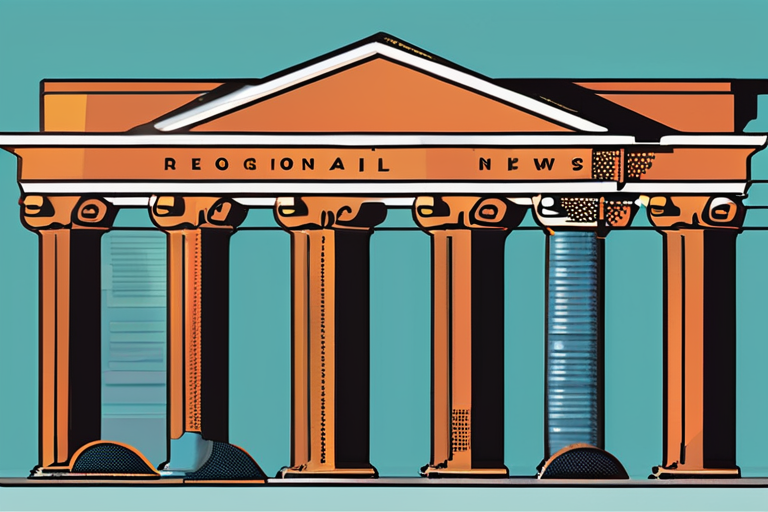
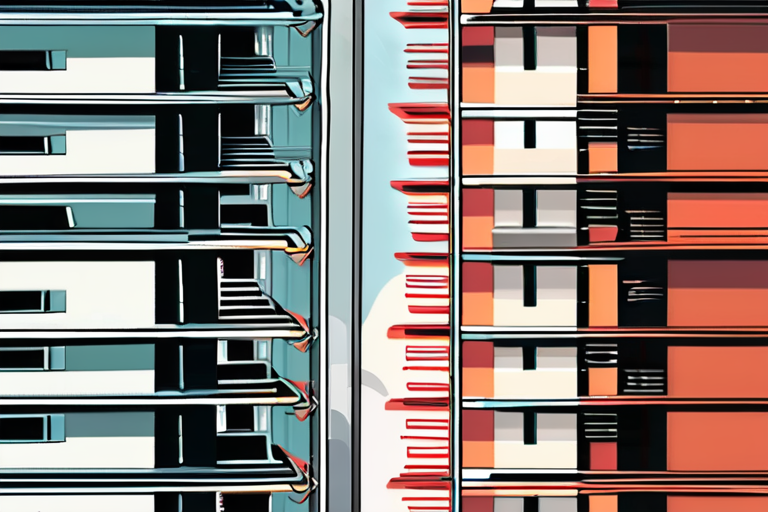
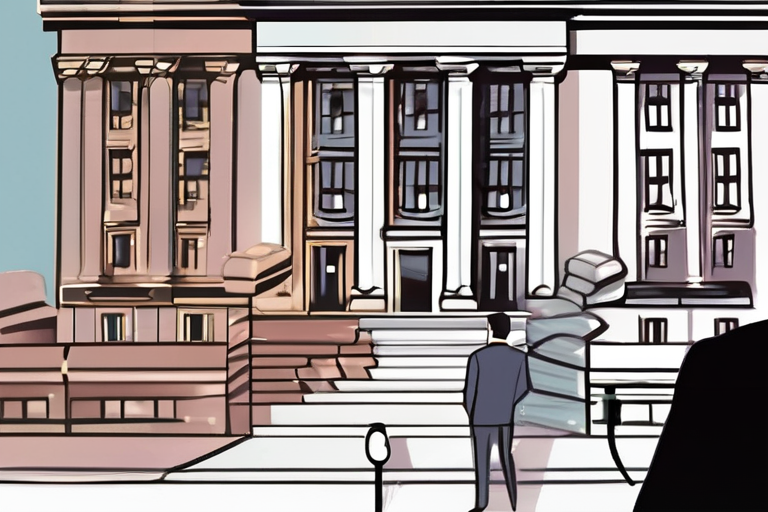
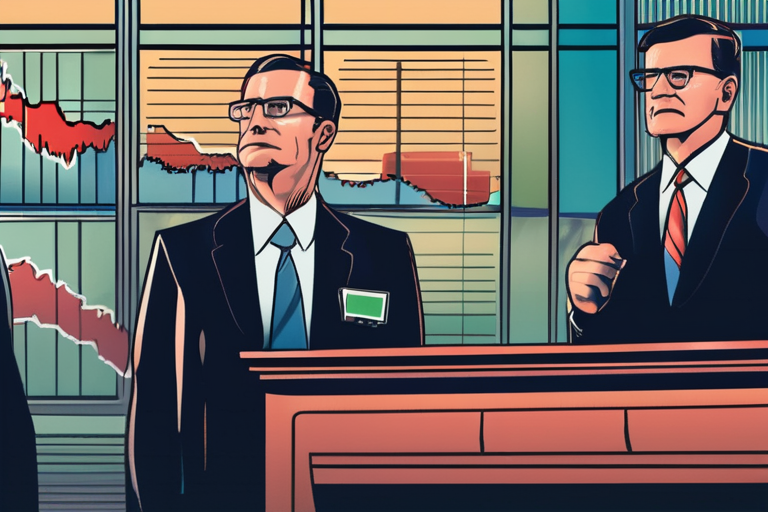
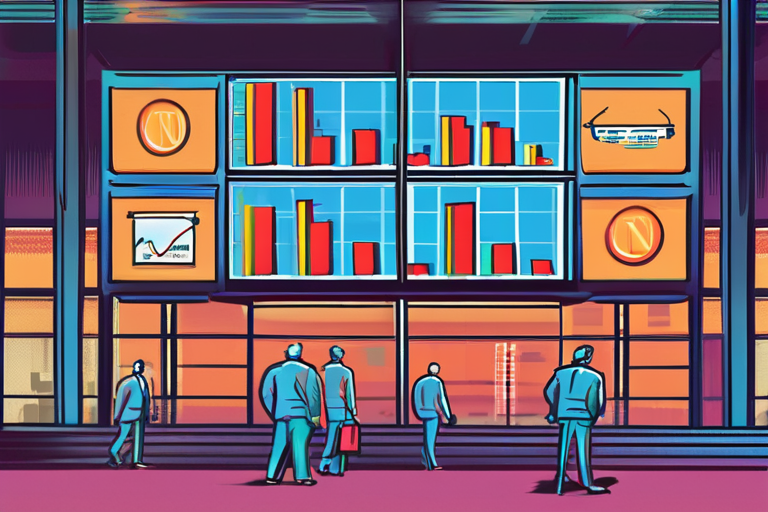
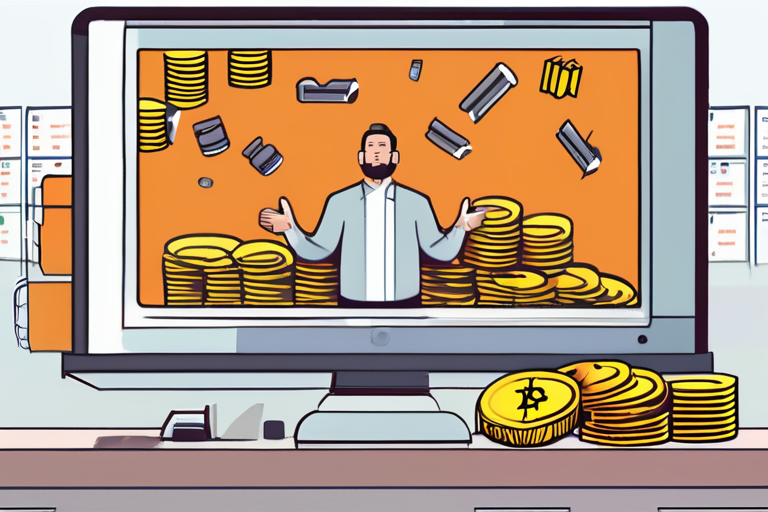
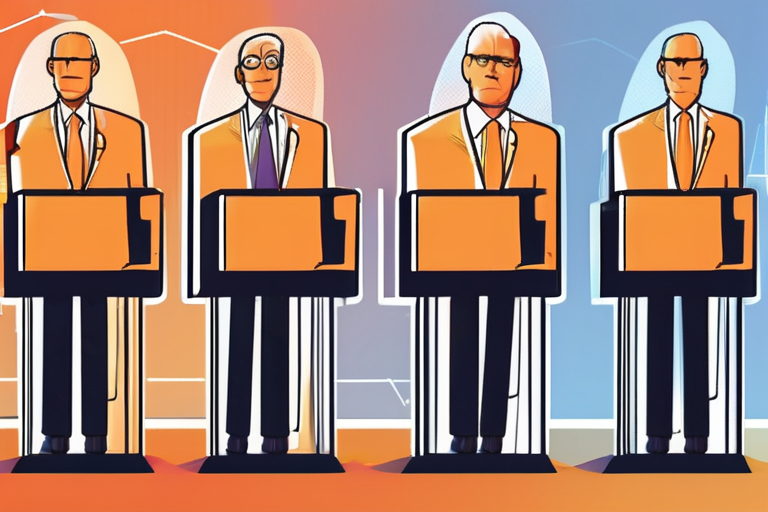
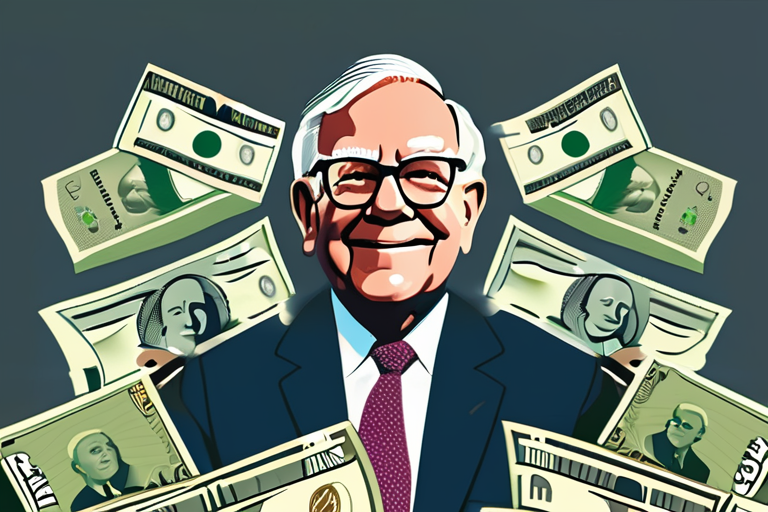

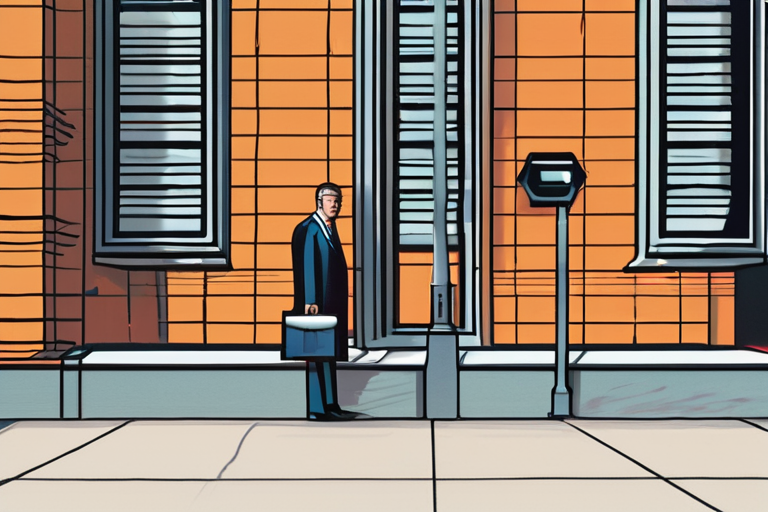
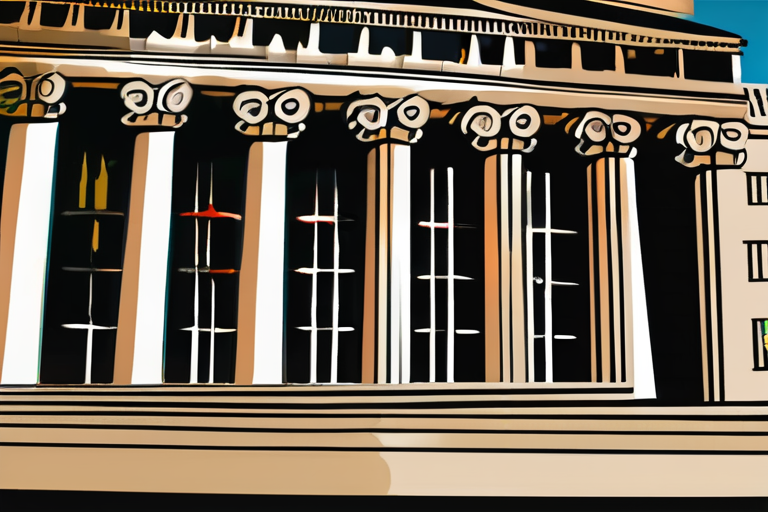

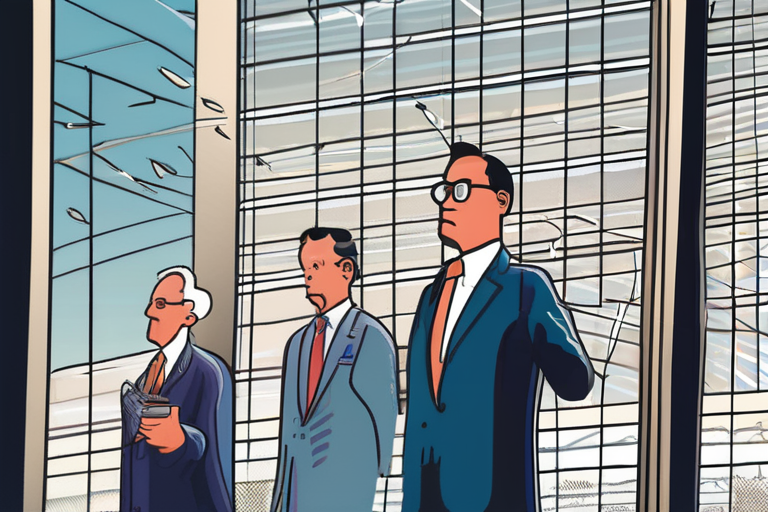
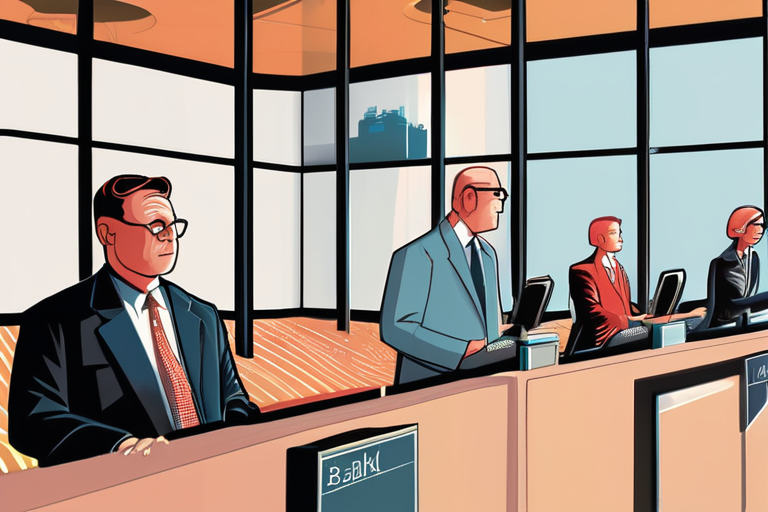
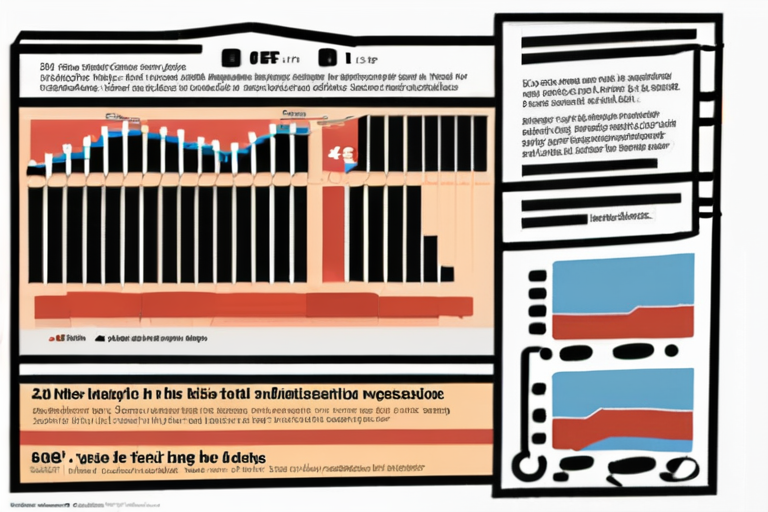
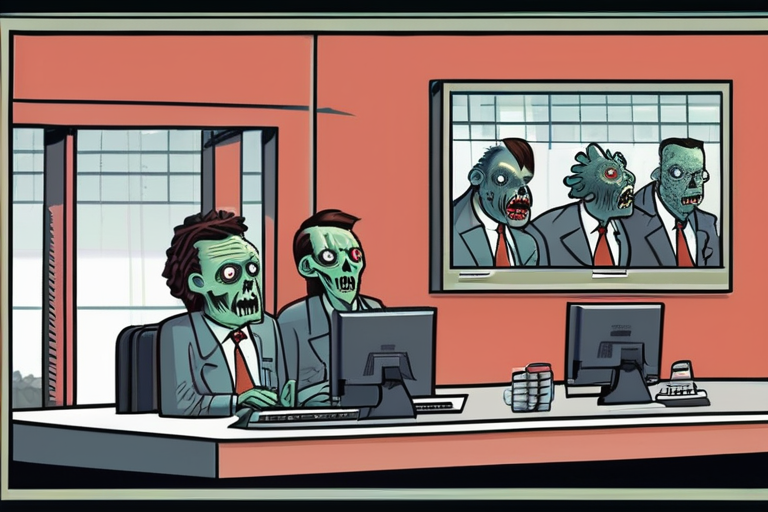

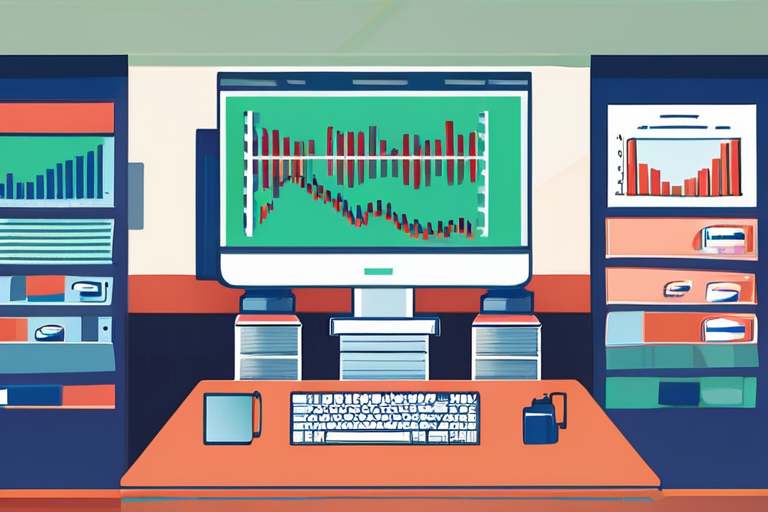
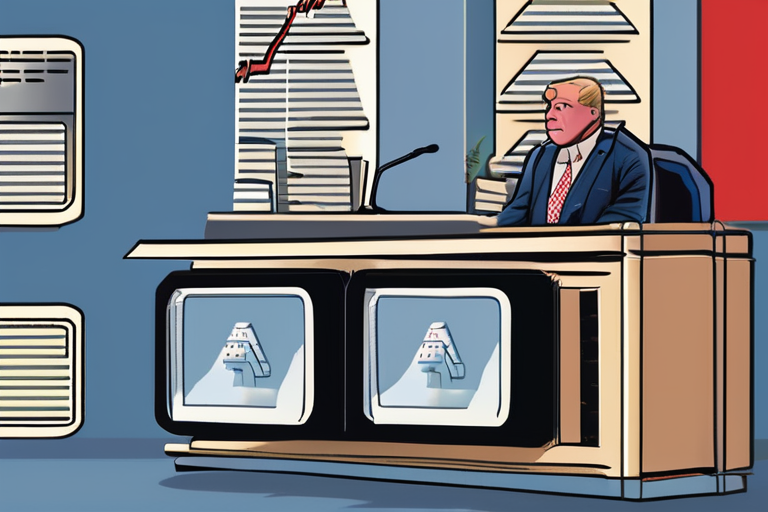

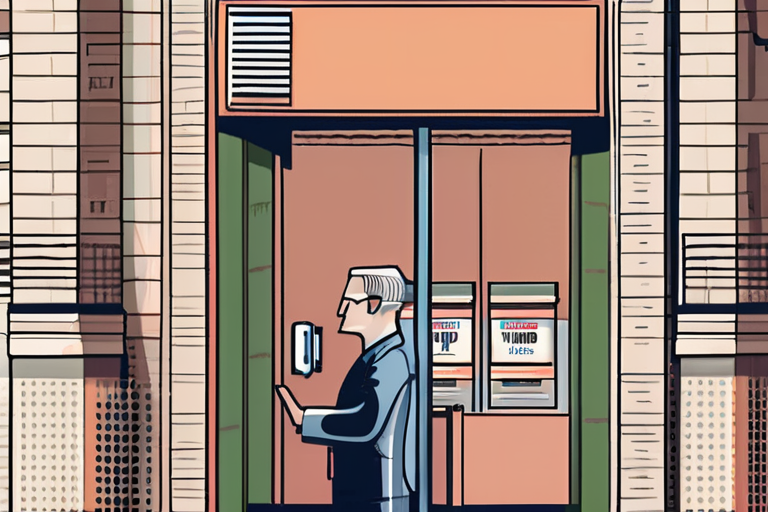
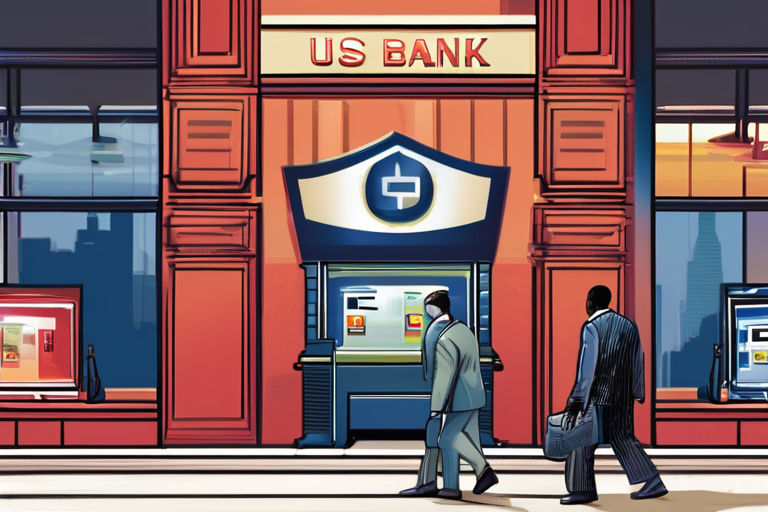
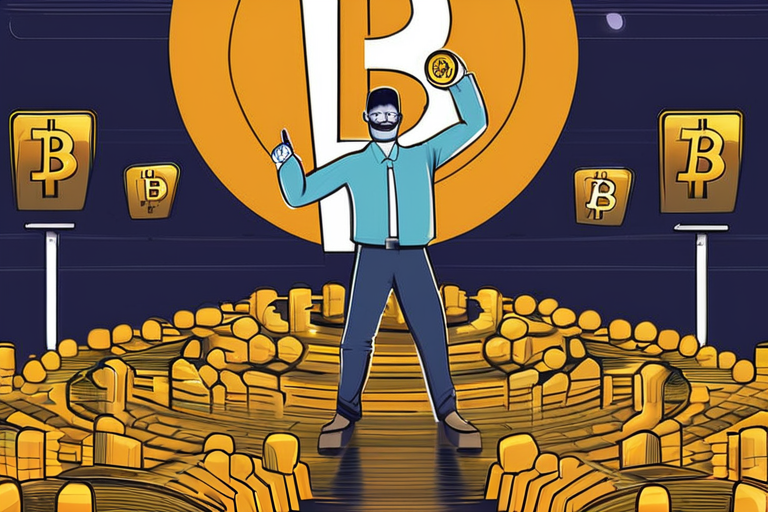
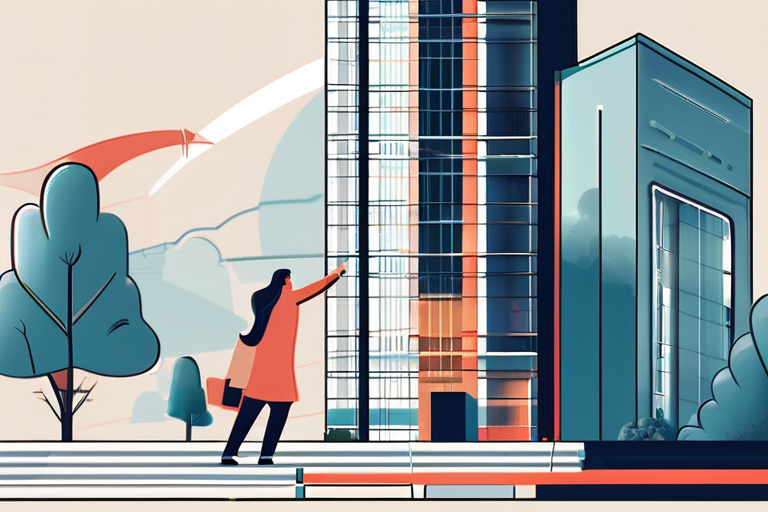
Share & Engage Share
Share this article